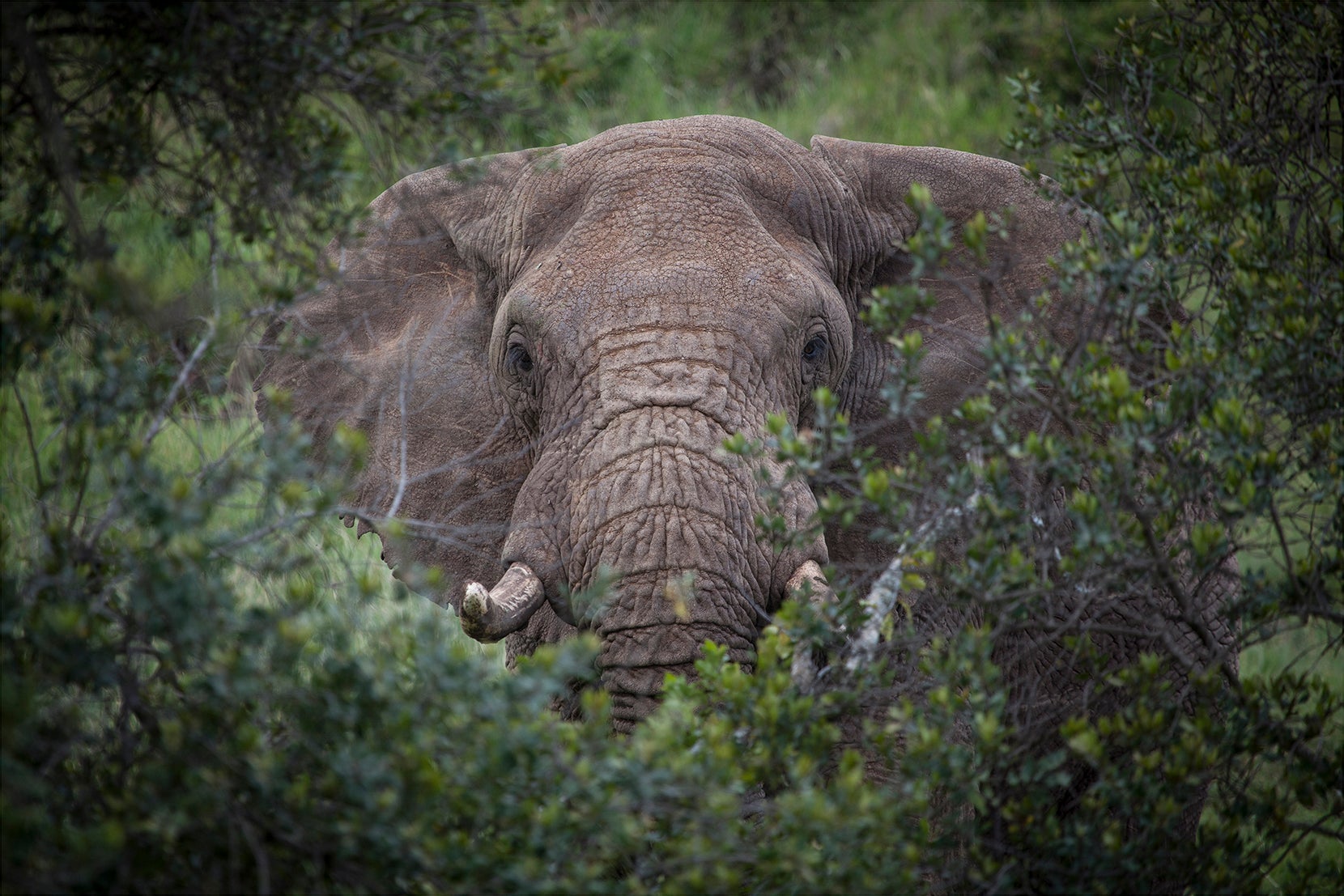Stop talking about selling ivory – it’s time to move on
Dr Winnie Kiiru and John Scanlon of the Elephant Protection Initiative argue now CITES has again upheld the ivory trade ban means the world has to stop rehashing old disputes and focus on aiding elephants

Your support helps us to tell the story
From reproductive rights to climate change to Big Tech, The Independent is on the ground when the story is developing. Whether it's investigating the financials of Elon Musk's pro-Trump PAC or producing our latest documentary, 'The A Word', which shines a light on the American women fighting for reproductive rights, we know how important it is to parse out the facts from the messaging.
At such a critical moment in US history, we need reporters on the ground. Your donation allows us to keep sending journalists to speak to both sides of the story.
The Independent is trusted by Americans across the entire political spectrum. And unlike many other quality news outlets, we choose not to lock Americans out of our reporting and analysis with paywalls. We believe quality journalism should be available to everyone, paid for by those who can afford it.
Your support makes all the difference.THE crucial vote on opening up ivory trade at this month’s CITES (Convention on International Trade in Endangered Species of Wild Fauna and Flora) conference in Panama City went as expected; countries voted by a large majority to uphold the international trade ban. This is a good outcome for elephants and conservation. History shows that legal trade triggers the illegal killing of elephants for their ivory, fuels smuggling, and provides cover for laundering.
Over the past decade, many of Africa’s elephant populations have enjoyed something of a respite from poaching, and in some places their numbers have recovered. They are even starting to reoccupy previously abandoned parts of their range. But some countries in Southern Africa feel that not being able to sell their ivory denies them a much needed source of financing for elephant conservation and local communities. For these countries, which play host to most of Africa’s elephants, the vote in Panama is deeply frustrating.
This fractious debate around ivory, ‘trade, or no trade’, has played out for decades. And yet all 37 African elephant range states are confronted by common challenges: not just poaching and the trafficking of ivory, but also increasing human-elephant conflict, the impact of climate change and a lack of adequate financing. Their differences on ivory trade have obscured just how much they have in common, and hindered collective efforts to tackle these issues.
It doesn’t have to be this way. Three successive CITES conferences have rejected requests to open up the ivory trade. Now we should move on. Indeed, given the financial resources now flowing to address the twin crises of climate change and biodiversity loss, there is an historic opportunity for Africa to take a new approach to elephant conservation.
We know that elephants are vital to healthy ecosystems, and in mitigating and adapting to climate change. Africa’s forest elephants, for example, are now recognised as a separate and critically endangered species. Their numbers have fallen by more than 86% over a period of 31 years, according to the International Union for the Conservation of Nature. And yet recent research by Dr Ralph Chami of the International Monetary Fund shows the astonishing economic value of the carbon benefits provided by live forest elephants, with each animal estimated to be worth $1.75 million across its lifetime.
African can take this message to the rest of the world; that tackling the twin crises of biodiversity loss and climate change needs healthy elephant populations. Climate and biodiversity funding should be invested in elephant conservation. By doing so, we can save wildlife, mitigate and adapt to the impacts of climate change, and create sustainable jobs for people who live near these majestic but also dangerous animals.
Next month, in Montreal, governments will be gathering for another international environment meeting, the UN Biodiversity Conference. This is just as important to the future of our planet as the recent climate summit. At the EPI, we will be working in Montreal with our diverse 21 African member states, and looking for common ground. We will also be looking to exchange ideas with Asian elephant range states.
The time has clearly come to move beyond ivory. We need a more holistic approach to elephant conservation, one that serves to unite the African continent, and ensures the harmonious coexistence of elephants and people.
Join our commenting forum
Join thought-provoking conversations, follow other Independent readers and see their replies
Comments